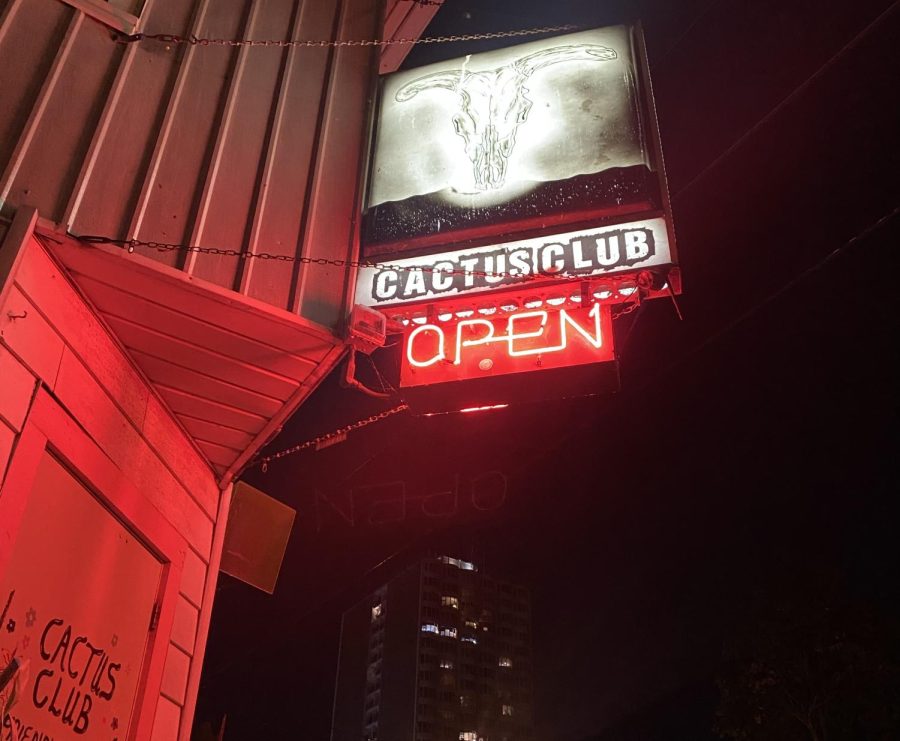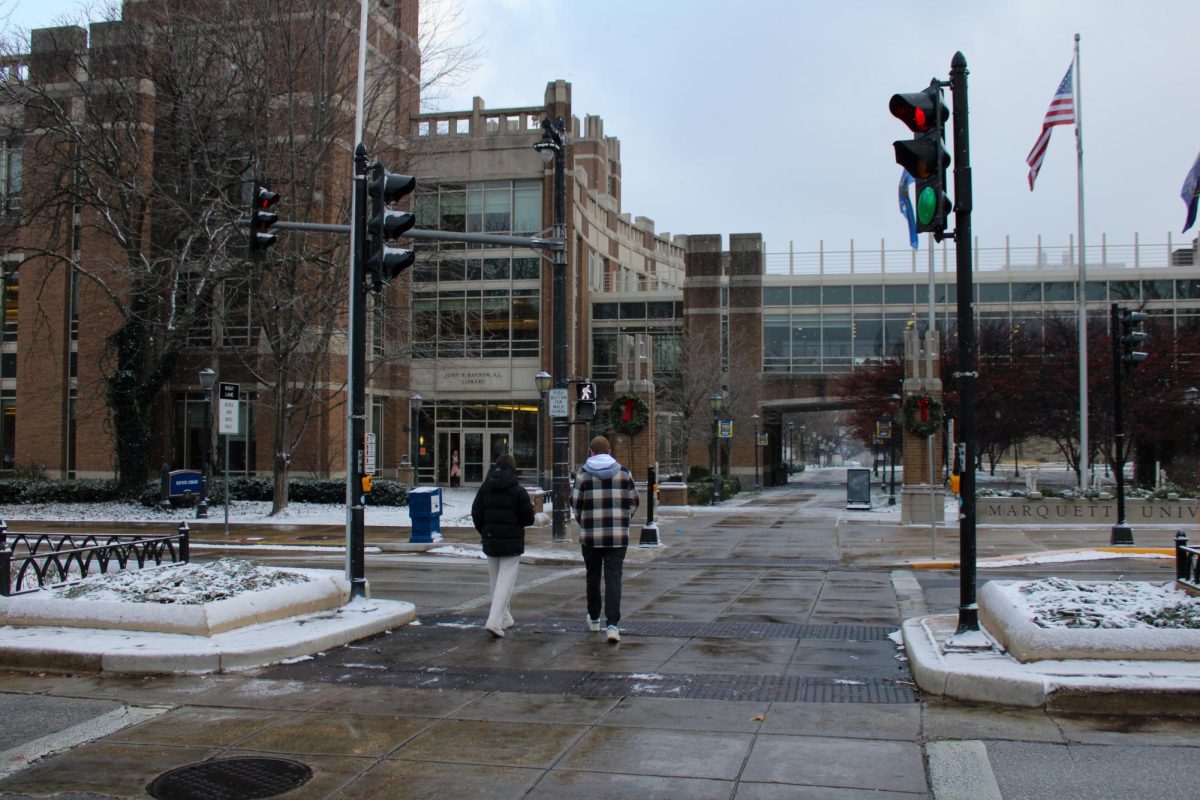The people of Chicago were devastated on Thursday, Oct. 6. Before the first night of his five-show residency at the United Center, Harry Styles canceled the evening’s performance due to an illness in his band.
Super fans camped out on the streets for the potential sighting of Harry Styles and many fans traveled from far away to experience this performance.
Lily Eggerding, a third-year student in the College of Arts and Sciences, traveled to Chicago before the concert was postponed. Eggerding told the Marquette Wire that she was “so frustrated” after “completely reorganizing [her] week in order to be there” and ended up crying on Chicago public transportation.
On the same night in Phoenix, AZ, Stevie Nicks canceled her performance due to respiratory illness. Then, Oct. 13, Ringo Starr canceled his North American tour after testing positive for Covid-19. The Weeknd also canceled his show during the concert, after losing his voice during the fourth song Sept. 3.
Physical illness isn’t the only reason for concert cancellations. Recently, musicians have been calling off their shows due to a multitude of personal issues.
On Sept. 30, Clairo left stage during the middle of a performance and later disclosed that she experienced a panic attack. Earlier this year, popular indie-folk group Rainbow Kitten Surprise canceled two months of concerts citing non-specific mental health issues. Wilderado, an indie rock group from Oklahoma, called off a month of performances for family reasons.
These instances aren’t the first time artists have put their mental health first. In November of 2016, Kanye West canceled the remainder of his “Saint Pablo” tour before being hospitalized for psychiatric treatment. In 2013, Solange Knowles canceled her European tour to balance being a single mom and her own mental health.
So, what’s going on?
It’s no secret that we are facing a worldwide mental health crisis.
Mental health is finally becoming a priority and musicians are beginning to open up about the unseen difficulties of their profession. Their lives are glorified and glamorized as they are praised and cheered on in a new city every night. Although this lifestyle may be easily romanticized, it is not sustainable for most human beings.
Courtney and Paul Klimson are the pioneers of The Roadie Clinic, which essentially caters to the physical and emotional needs of performers and their expansive crews as they tour. Initiatives like theirs are imperative for the future of the live music industry.
Hugely popular performers have found a way around the emotional turmoil of touring through booking residencies at certain venues.
Adele will maintain a concert residency at The Colosseum at Caeser’s Palace in Las Vegas, consisting of 32 performances between Nov. 18 and March 25. BTS, well regarded as the most popular boy band in the world, played a four-night residency in Las Vegas this April.
Artists like Harry Styles, Adele, and BTS can afford to play so many shows in the same city because their fan bases are large and passionate enough to arrange travel plans to see them. This is nowhere near the norm for touring musicians. Even Weezer’s Broadway residency in New York failed.
Not to discredit the big artists that have worked for their fame and earned the comfort of residencies, but it is crucial right now to support musicians that are enduring the physical and mental battles of traditional touring. Instead of paying $541 for a Harry Styles ticket in Chicago you can see about thirty concerts at small music venues like Cactus Club, Shank Hall, or The Back Room @ Colectivo in Milwaukee.
This shift in the live music industry, perhaps perpetuated by the pandemic’s effects, is concerning for concert-goers and performance lovers. Only time will tell if the cycle of cancellations and disappointment is the new standard or just a wave that will pass.
This story was written by Clare Lindstrom. She can be reached at clare.lindstrom@marquette.edu.






